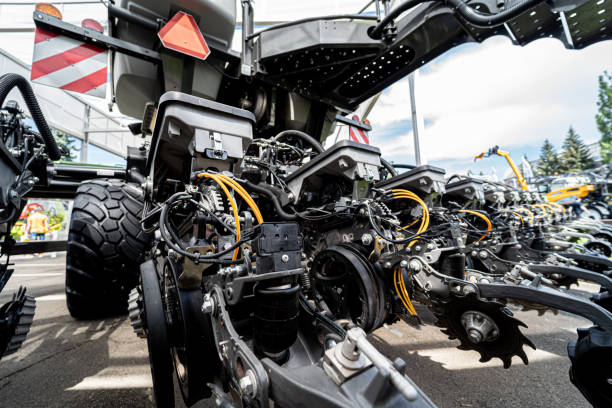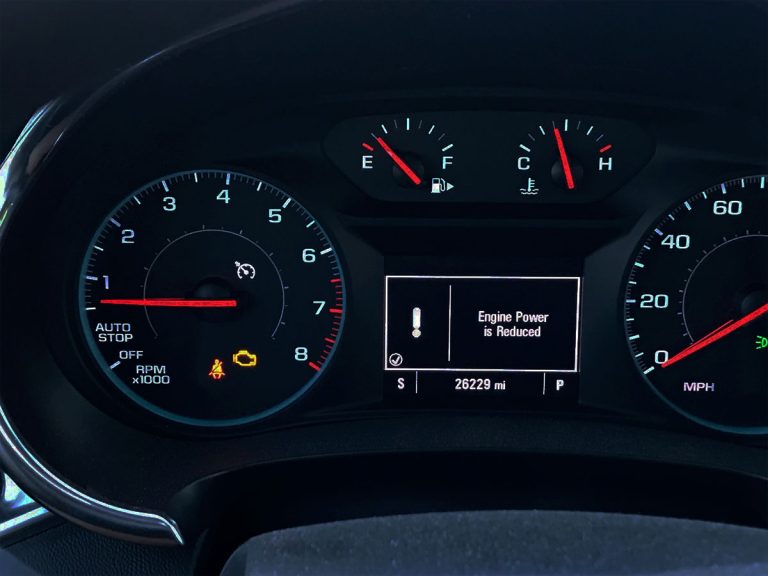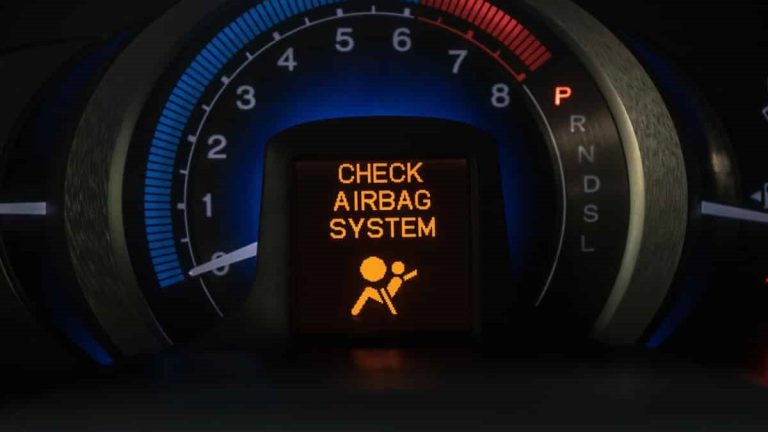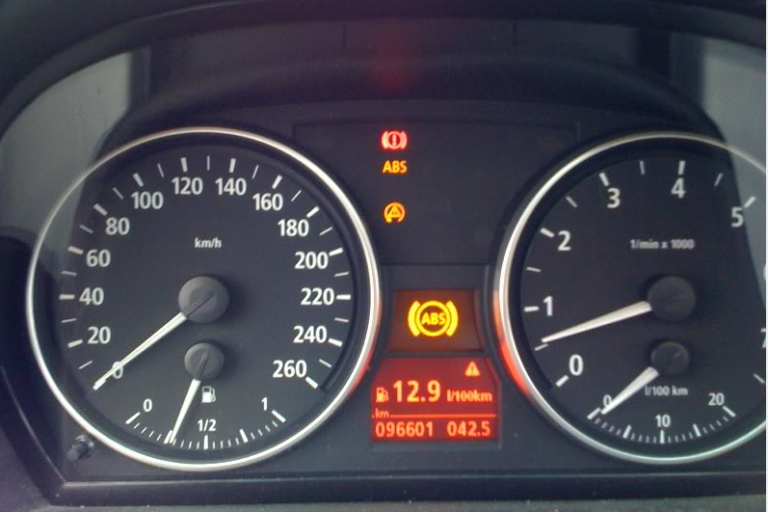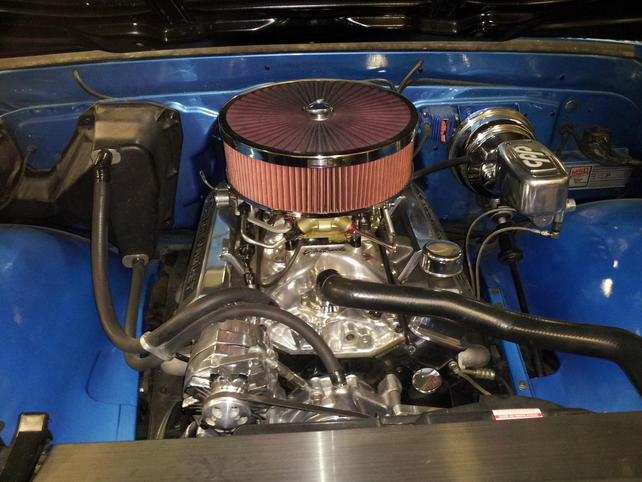Welcome to our comprehensive guide on auto air and axle! In this article, we will explore the intricacies of auto air and axle systems, their functions, maintenance tips, and common troubleshooting techniques. Whether you’re a car enthusiast, a mechanic, or simply curious about your vehicle’s inner workings, this article will provide you with valuable insights. So, let’s dive in and explore the fascinating world of auto air and axle!

Auto Air and Axle: An Overview
When it comes to the smooth operation of your vehicle, the auto air and axle system plays a vital role. This system encompasses various components, including the air conditioning system and the axles. Both are crucial for a comfortable driving experience and optimal performance. Let’s delve deeper into each of these components.
The Importance of the Auto Air Conditioning System
One of the most essential aspects of any vehicle is its air conditioning system. During hot summer months or in regions with high temperatures, a functional AC system is a necessity. It helps maintain a comfortable temperature inside the vehicle, ensuring the driver and passengers can travel without discomfort.
Understanding Axles in Automobiles
Axles are an integral part of a vehicle’s drivetrain system. They are responsible for transferring power from the engine to the wheels, enabling the vehicle to move. Without axles, the wheels would not be able to rotate, rendering the vehicle immobile. Axles come in various types, such as front axles, rear axles, and CV axles, each serving a specific purpose in different types of vehicles.
Auto Air and Axle Maintenance Tips
To ensure the longevity and optimal performance of your vehicle’s auto air and axle system, regular maintenance is crucial. Here are some essential tips to keep your system in top shape:
Regularly Check and Replace Air Filters
Proper airflow is essential for the efficient functioning of your vehicle’s air conditioning system. Regularly check and replace air filters to prevent dust and debris from clogging the system. Clogged filters can reduce airflow, making the AC less effective.
Monitor Refrigerant Levels
The refrigerant is responsible for cooling the air in the AC system. Low refrigerant levels can result in poor cooling performance. Monitor the refrigerant levels and have them replenished by a professional if necessary.

Inspect and Lubricate Axle Components
Axle components, such as CV joints and wheel bearings, require regular inspection and lubrication. This helps reduce friction and wear, ensuring smooth operation and extending the lifespan of these critical components.
Maintain Proper Tire Inflation
Well-inflated tires contribute to a comfortable ride and reduce strain on the axles. Check tire pressure regularly and ensure it aligns with the manufacturer’s recommended specifications.
Schedule Routine Check-ups with a Professional
Regular visits to a trusted mechanic for comprehensive inspections and maintenance are essential. Professional mechanics can identify potential issues early on and provide appropriate solutions, saving you from costly repairs down the line.
Troubleshooting Common Auto Air and Axle Issues
Despite regular maintenance, auto air and axle systems can encounter problems. Here are some common issues you may face and how to troubleshoot them:
Insufficient Cooling from the AC
If your vehicle’s air conditioning system is not providing adequate cooling, several factors could be at play. Start by checking the refrigerant levels and ensure they are within the recommended range. If the levels are fine, the issue may lie with the compressor or other components, requiring a professional inspection.
Vibrations and Strange Noises
Experiencing vibrations or hearing unusual noises while driving could indicate axle problems. This could be due to worn-out CV joints, damaged wheel bearings, or misaligned axles. Consult a professional mechanic to diagnose the issue accurately and perform the necessary repairs.
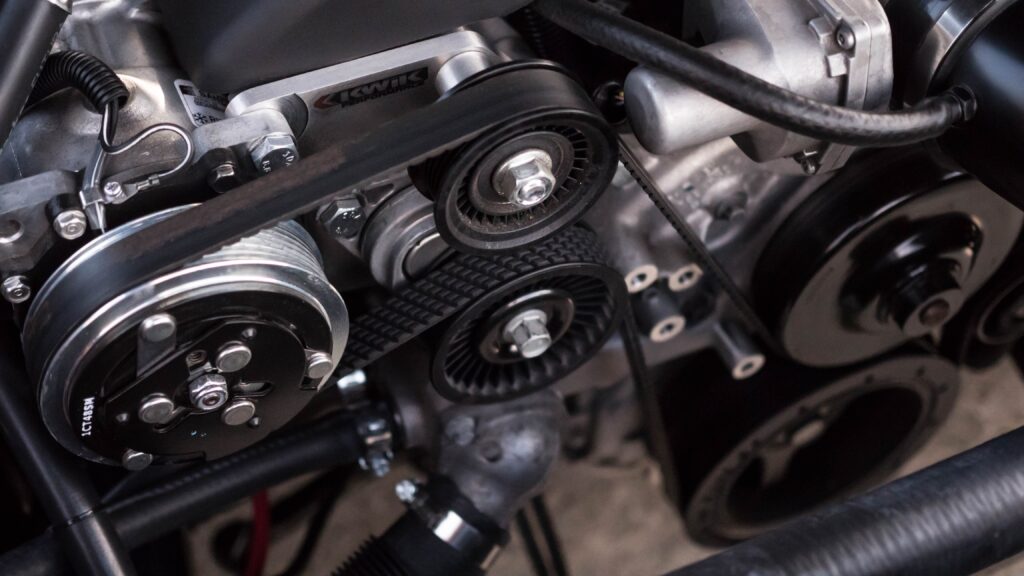
Leaking Fluids
Leaking fluids underneath the vehicle could be a sign of axle seal damage. Axle seals prevent fluid from leaking out and debris from entering the system. If you notice fluid leaks, it is essential to have the seals inspected and replaced if necessary.
Uneven Tire Wear
Uneven tire wear is often an indication of misaligned axles. If you notice that your tires are wearing out faster on one side or in a specific pattern, it is advisable to have the alignment checked and corrected.
Weak Braking Performance
While braking issues can stem from various causes, worn-out axle components can affect braking performance. Faulty wheel bearings or damaged CV joints can lead to irregular braking or vibrations during braking. Have a professional inspect the system to identify the source of the problem.
FAQs about Auto Air and Axle
Q1: How often should I have my auto air conditioning system serviced?
A1: It is recommended to have your auto air conditioning system serviced at least once a year or as per the manufacturer’s guidelines. Regular servicing ensures optimal performance and early detection of potential issues.
Q2: Can I replace the air filters in my vehicle’s AC system myself?
A2: While it is possible to replace air filters yourself, it is recommended to consult a professional mechanic. They have the expertise and tools to ensure proper installation and can also inspect other components during the process.
Q3: How long do axles typically last?
A3: The lifespan of axles can vary depending on various factors such as driving conditions, maintenance, and the type of vehicle. In general, well-maintained axles can last anywhere from 100,000 to 200,000 miles.
Q4: Are there any DIY methods to troubleshoot axle issues?
A4: While some basic troubleshooting steps can be taken, it is advisable to consult a professional for axle-related problems. DIY methods may provide temporary solutions but could potentially lead to further damage if not addressed correctly.
Q5: Can axle problems affect fuel efficiency?
A5: Yes, axle problems can impact fuel efficiency. Misaligned axles or worn-out components can cause increased friction, leading to higher fuel consumption. Regular maintenance and prompt repairs can help maintain optimal fuel efficiency.
Q6: Is it necessary to replace both axles if one is damaged?
A6: It is generally recommended to replace both axles if one is damaged. This ensures balanced performance and reduces the likelihood of future issues. Consult a professional to determine the best course of action based on your specific situation.
Conclusion
Auto air and axle systems are vital components of any vehicle, contributing to comfort, performance, and safety. By understanding their functions, practicing regular maintenance, and promptly addressing issues, you can ensure a smooth and enjoyable driving experience. Remember to schedule routine check-ups with a professional and follow the recommended maintenance guidelines provided by the manufacturer. By doing so, you’ll keep your auto air and axle system in optimal condition for years to come.

